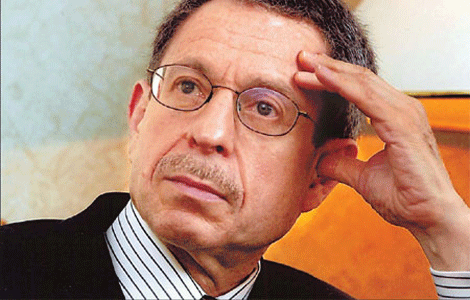Endgame in focus amid US debt ceiling battle
Updated: 2011-07-28 09:36
(Agencies)
|
|||||||||
WASHINGTON - Six days before the US government has to start ducking phone calls from debt collectors, congressional leaders are mapping out an endgame for avoiding a default that could shake the world economy.
The top Democrat in Congress, Senate Majority Leader Harry Reid, has sensed the vulnerability of his opposite number in the House of Representatives, Speaker John Boehner, to a rebellion among his Republican ranks.
Reid is maneuvering to make his own budget proposal the equivalent of the last man standing among the competing bills in Congress, according to congressional aides.
Reid plans to hold off scheduling any Senate votes on his deficit-cutting plan that would extend US borrowing authority through 2012, hoping Boehner's much shorter-term debt limit increase will fail - either in the Republican House or the Democratic-controlled Senate. That would create momentum for a compromise version of the Democrats' plan.
"More people will turn their attention to our bill and give it a second look," said a senior Senate Democratic aide.
With House Republican support lacking for Reid's bill, "there is clearly going to have to be a compromise" and "there are conversations that are ongoing," Senate Budget Committee Chairman Kent Conrad, a Democrat, told reporters.
"I would agree that if the (House) bill fails, with some modifications to Reid, then I think it is the last thing standing here," said William Hoagland, a former high-ranking Republican Senate aide. He has watched closely the fight over raising the debt limit by an Aug. 2 deadline.
Normally, the Senate's arcane rules make it hard to rush through legislation in under a week if all 100 lawmakers are not on board. Reid could resort to procedural options to bypass filibusters or other roadblocks, aides said.
One-step,two-step?
It was still not clear how Republicans and Democrats could compromise on the two-step approach to raising the debt limit that is the hallmark of Boehner's plan. Such an approach would set up another fight next year on Treasury Department borrowing.
President Barack Obama insists on one vote now to carry the government's borrowing through the 2012 election.
Conrad suggested the differences might be patched over by changing the powers of a new committee that would be set up to find additional budget savings under both plans.
Hoagland acknowledged that Democrats already had given in to one huge Republican demand - that there be no tax increases as part of deficit reduction.
He said "with some tweaks, maybe more spending reductions," there could be the makings of a Reid compromise bill that could pass Congress, although the outcome would not be certain.
Boehner, facing a revolt from Republican conservative Tea Party activists who flooded into the House last year, might end up losing their votes on the debt limit bill because it would give Obama more borrowing authority than they think he deserves.
"The question is does he have a majority of Republicans" in the House to help pass a modified Reid plan, Hoagland added.
If this week ends without progress toward a quick compromise, congressional leaders might have to resort to a dicey fallback.
According to a former Republican congressional aide, top members of Congress are preparing a very short-term debt limit increase of about one month to avoid default.
"A short-term extension is being drafted ... it is being prepared in case both of them fail," the former aide said, referring to the Reid and Boehner plans.
Congressional leadership aides would not confirm such a stopgap measure was being drafted. Word of such legislation, if it existed, could undermine efforts to reach a bigger deal.











